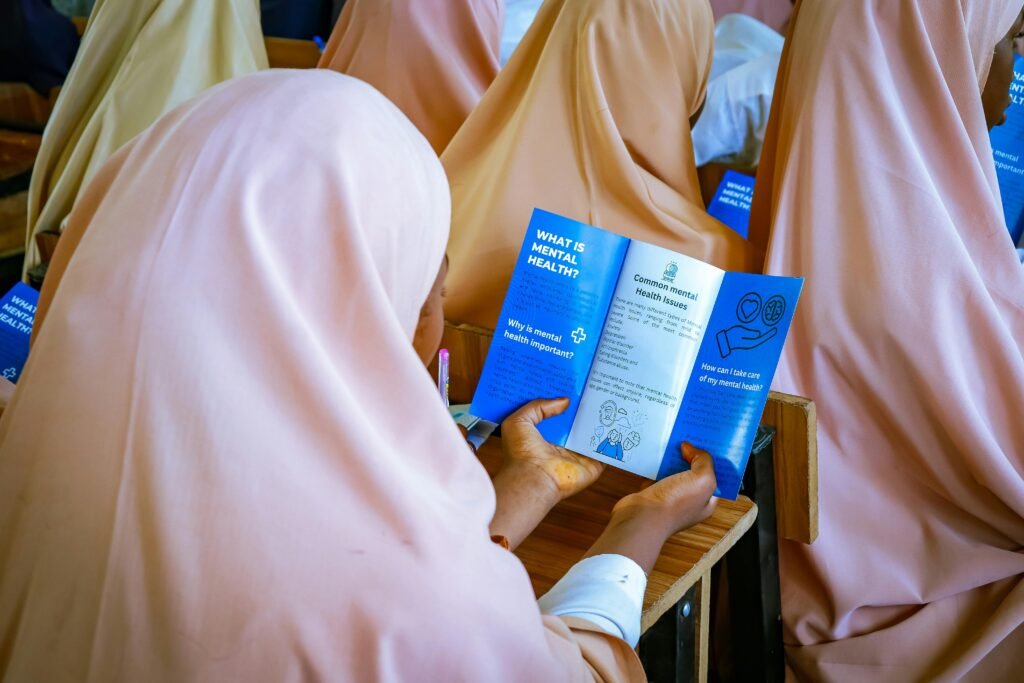Introduction
Education is fundamental to any progressive society, yet there are many barriers to its effectiveness in education systems throughout the world. The identification and understanding of these barriers serve to pave the way for reform and innovation. This article highlights the challenges facing the education system in the global world by the year 2025.
1. Inequities and Barriers to Access to Education

Millions of children, especially in low-income and armed conflict countries, are not receiving any education at all.
Key Issues:
- Disparities based on gender
- Disparities based on geographic location, rural vs urban
- Disparities based on economics
Solution:
- Increase funding to the public education system
- Implement and support community schools and better enact inclusive education practices
- 1.Lack of Great Quality and Qualified Teacher
2. Lack of Great Quality and Qualified Teacher

There exists a global shortage of great quality teachers who are qualified to teach which is of course directly related to awful learning causes.
Key Issues:
- Lack of training and professional development opportunities
- Lack of salary or pay raises and overall working conditions
Solution:
- Increase investment in great quality teacher training programs
- Increase pay and provide career progression opportunities
3. Outdated Curriculum

Many educational systems still suffer from using outdated curriculum that clearly does not equip students to deal with modern challenges.
Key Issues:
- Teaching students rote learning strategies over critical thinking processes
- Lack of using digital literacies as well as lessons in soft skills for future employment
Solution:
- Revise curriculum to include 21st Century skills
- Implement and promote high quality project based learning and experiences
4. Technology Gaps and the Digital Divide

Although technology has the potential to enhance learning, many students and schools do not have access to it.
Key Issues:
- Inequitable access to both devices and the internet
- Limited digital infrastructure in rural regions
Solution:
- Invest in affordable EdTech options –
- Increase Internet access/coverage in under-resourced areas
5. Education in Conflict Situations

Armed conflict, natural disasters, and political instability often disrupt education for millions of children.
Key Issues:
- School closures
- Unsafe learning environments
Solution:
- Create programs for emergency education
- Support NGOs providing education in emergency settings
6. Student Mental Health and Well-being

Increasing academic pressures and the lack of services has affected student mental health and well-being across the world.
Key Issues:
- Student stress, anxiety, and depression
- Lack of mental health support available in schools
Solution:
- Embed emotional well-being into teaching and learning
- Train educators to recognize and respond to mental health needs
7. Low Education Budgets

Many governments devote little funding and resources to their school systems, leaving buildings, resources and staffing suffering.
Key Issues:
- School buildings in disrepair
- Inadequate teaching materials
Solution:
- Increase the national budget allocation for education
- Foster private-public partnerships to enhance funding and resources.
Conclusion
The difficulties being confronted by educational systems throughout the world are complicated but not impossible to navigate. If we are to promote equitable and effective global educations systems, we will need to invest in inclusive policies, modernized curriculum, and teacher support, and take advantage of technology.




One Comment on “Challenges Facing Education System in Global World: A Global Perspective”